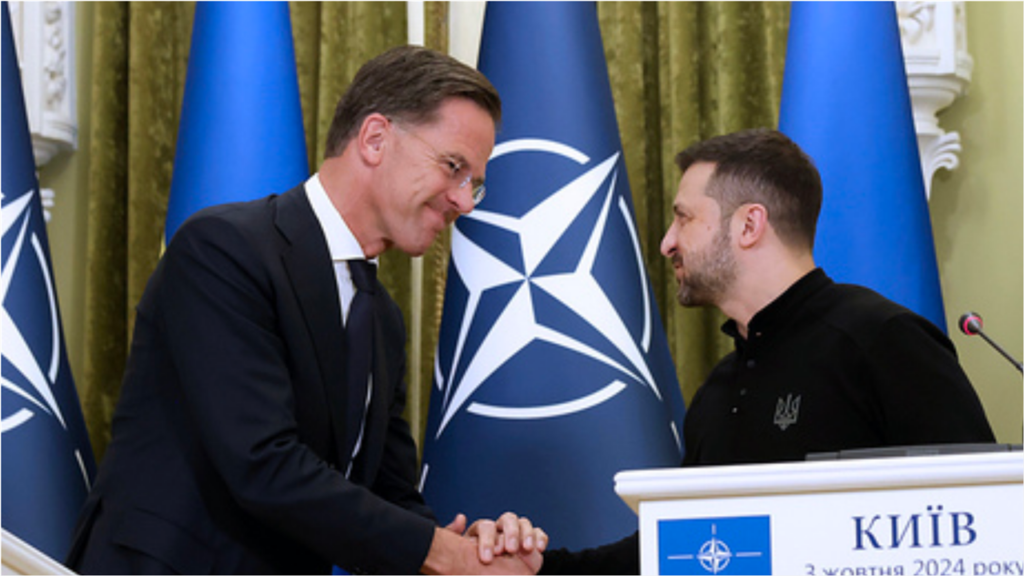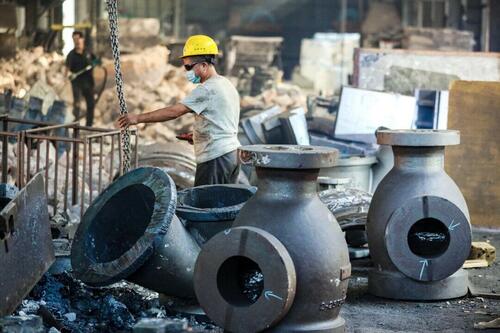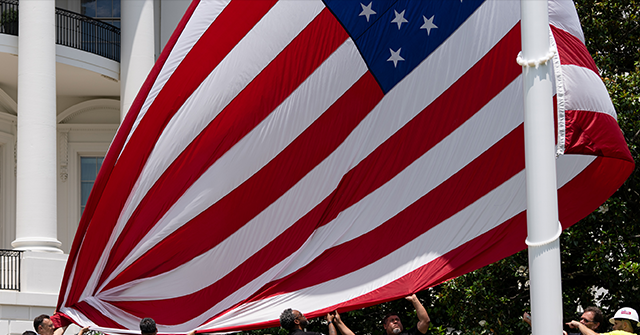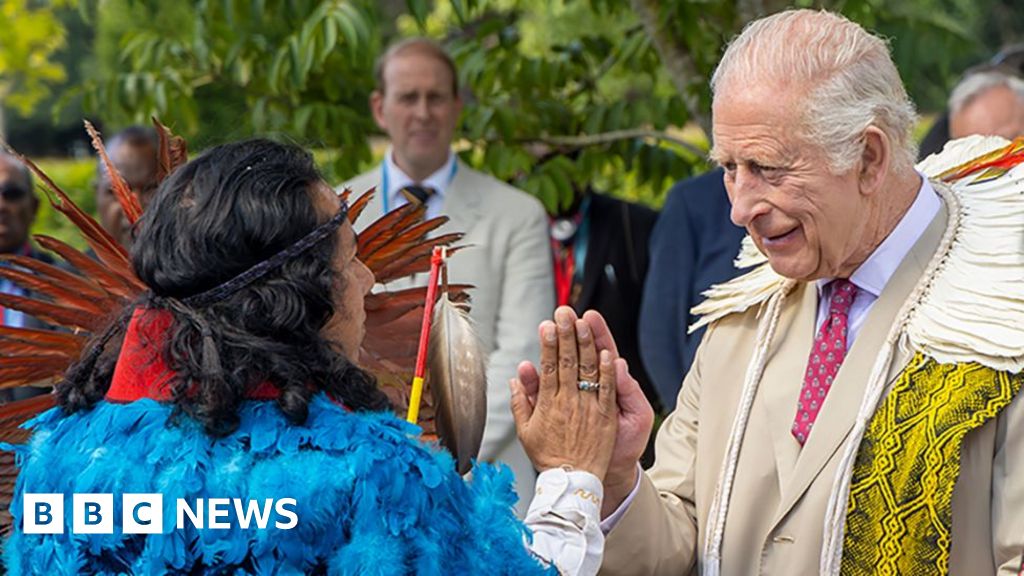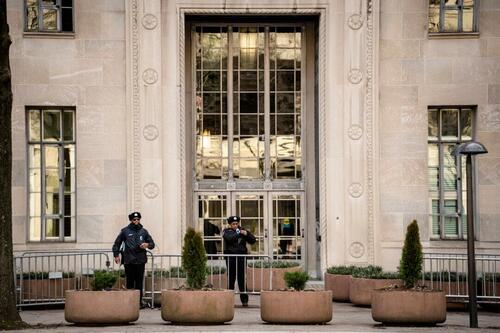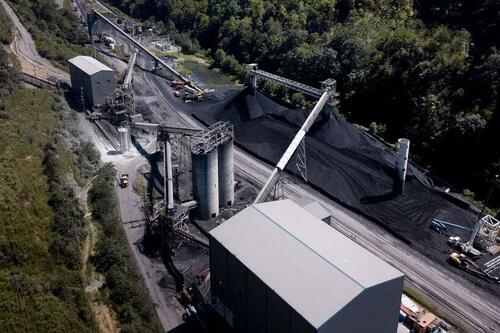Anthony Albanese: Trade trumps geopolitics as Australia PM visits China
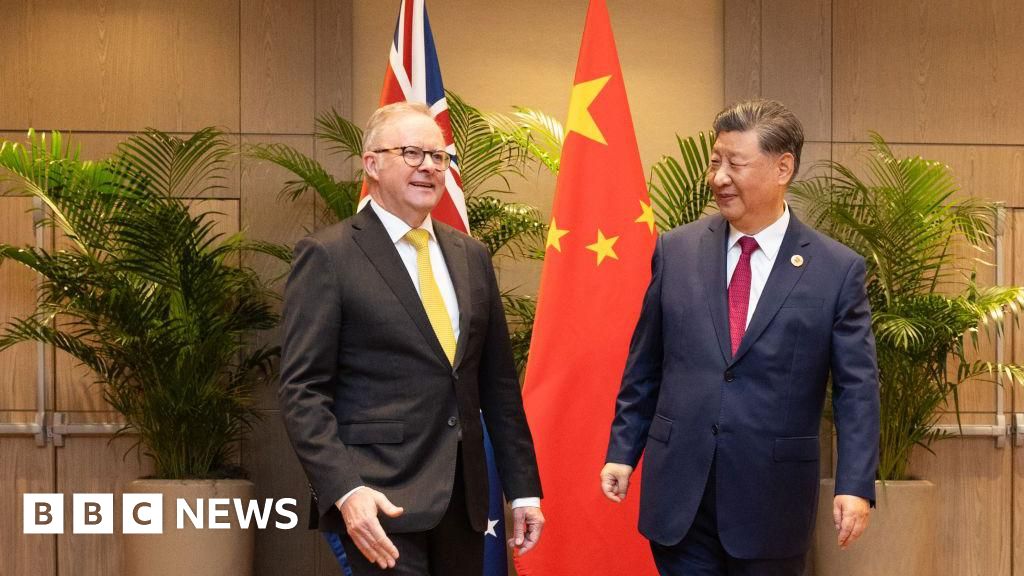
Kelly Ng
BBC News
Reporting fromSingapore
Lana Lam
BBC News
Reporting fromSydney
Australia’s leader Anthony Albanese will visit China and meet with President Xi Jinping this weekend as he seeks to strengthen ties with Canberra’s largest trading partner.
Regional security and trade will take centre stage during the prime minister’s six-day trip spanning three cities – Beijing, Shanghai and Chengdu.
“My government will continue to cooperate with China where we can, disagree where we must, and engage in our national interest,” Albanese said in a statement.
The trip marks Albanese’s second official visit to China – but the first since his re-election in May. It comes as countries around the world navigate US president Donald Trump’s “America First” policies including tariffs.
China accounts for nearly a third of Australia’s total trade and “will remain so for the foreseeable future”, Albanese said.
“The relationship in China means jobs in Australia. It’s as simple as that,” he told reporters on Friday.
Albanese, whose Labor Party government was re-elected with an increased majority in May, had pledged among other things to create more jobs and bring back manufacturing in Australia.
Analysts say this trip signals a stabilisation of ties between Australia and China, even as Beijing has been trying to extend its military reach across the Pacific to some protest by Australia.
Last month, Australia’s defence minister Richard Marles called on China to explain why it needs to have “such an extraordinary military build-up”.
A rare Chinese military drill in the Tasman sea in February was also called “unusual” by Marles.
“Both sides recognise their differences… [and] agree those differences should not define the relationship,” says James Laurenceson, director of Australia-China Relations Institute.
The two countries are not seeking geopolitical alignment, he said.
“They need to keep the politics stable and constructive so that other parts of the relationship, like businesses, cultural organisations, universities and so on can forge ahead with engagement in their own areas.”
Mr Laurenceson notes, however, that Washington “will not be pleased” with Albanese’s visit. But the prime minister has domestic support for this, he says.
“Washington is heading in a direction so plainly contrary to Australia’s interests that any [leader] seen as kowtowing to the White House would face pushback at home,” he says.
Beijing will continue to criticise Australia’s involvement in the Aukus submarine deal with its longstanding allies, the UK and the US, observers tell the BBC, while Canberra will reiterate its commitment to the pact – even as Trump’s administration has recently put the agreement under review.
But disagreements over issues like Aukus will not thwart Australia’s and China’s relationship significantly, the observers say.
And neither will other contentious topics Albanese may bring up – including China’s actions in the South China Sea and the case of Australian novelist Yang Hengjun, who has been jailed and handed a suspended death sentence by Beijing on espionage charges which he denies.
“This is part of a broader, understated and mature diplomacy from the current government and it does not fall into the recriminations of previous years,” says Bryce Wakefield, who leads the Australian Institute for International Studies.
Albanese’s delegation to China includes top executives from Macquarie Bank and the Australian arm of HSBC, as well as mining giants Rio Tinto, BHP and Fortescue, according to the Australian Financial Review.
Albanese had cited green energy among the areas that Australia and China can “further engage” on.
While in China, the prime minister will also meet with Premier Li Qiang and Zhao leji, chairman of the Standing Committee of the National People’ Congress.
China’s state newspaper Global Times says Albanese’s visit “carries special significance” and shows “Australia’s desire to seek more reliable partners in an uncertain world order… with China being the obvious choice”.
In November 2023, Albanese became the first Australian leader visit China in seven years – ending a hiatus triggered by a string of disputes including various Chinese sanctions on Australian goods, and back and forth accusations of foreign interference.
Since then, his administration has managed to stabilise ties with Beijing and negotiate the end of a series of brutal tariffs.


